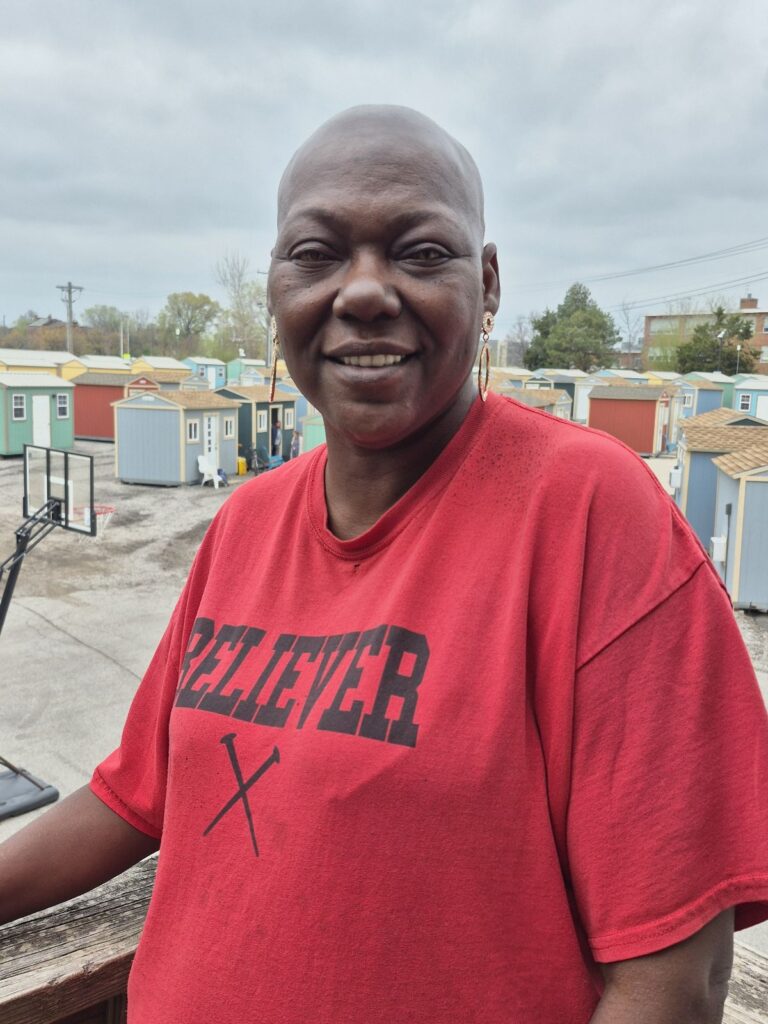Wednesday With Dr. Warren is a segment by Warren A. Kass, Ph.D. Consulting Clinical Psychologist at Magdala House. Dr. Kass is a graduate of Marquette University, has a doctorate from St. Louis University, and has over 51 years of experience as a clinical psychologist. Wednesday With Dr. Warren is an informative, thought-provoking piece that will inspire us to live, think, and be better people.
Mindfulness Pt. 1
According to the American Psychological Association mindfulness is awareness of one’s internal states and surroundings, and it can help people avoid destructive or automatic habits and responses by learning to observe their thoughts, emotions, and other present-moment experiences without judging or reacting to them. The Journal of Health Service Psychology (2023) contains an article that defines mindfulness as “the awareness that emerges through paying attention, on purpose, to the present moment, and non-judgmentally to the unfolding of experience moment by moment.” It involves mental calmness and composure, especially in difficult situations. It helps establish a more secure empathetic relationship with others that fosters presence, attunement and resonance. These qualities invoke the sense of feeling seen and heard in others and facilitate feelings of safety and trust. It is the open, accepting and resonant stance that gives others the hope and belief that change is possible.
The mindful manager presents as a secure and inquisitive person with a curiosity to explore, a desire to understand and the ability to accept their thoughts and feelings rather than trying to eliminate or control them. Interacting with a mindful manager elicits the brain’s mirror neurons and enables others to progressively realize that feelings/emotions are fleeting, temporary experiences of the moment that do not constitute the person as a whole. As this realization matures, it challenges the belief that our behavior and habits are just the way we are and that we can do nothing to change ourselves. Realizing that we can identify with our behavior and feelings is central to changing our mood and behavior.
The benefits of practicing mindfulness include positive effects on brain structure and functioning and improving our ability to control our emotions and express ourselves. Mindfulness cultivates empathy, the ability to non-judgmentally understand others’ thoughts and experiences, leading to positive and healthy interpersonal relationships and communication. Being mindful of our relationships with others enables us to experience the feelings of disgust, pain, reward, and joy others feel. This emotional sharing promotes helping behavior and facilitates positive changes in the social brain. Mindfulness and empathy are positively related to intimacy and conflict management, skills that enhance friendships and the sense of inclusion and well-being. Mindfulness increases the likelihood that one will respond conscientiously and with intentional consideration to the moment. The ability to pause, notice, and make attentive decisions in the present moment overrides habitual responding.
Now, stay tuned for part two to learn a three to five-minute exercise that focuses on remaining in the present moment.
Warren A. Kass, Ph.D.
Consulting Psychologists
Li.T.(2023) Cultivating Mindfulness in the Therapeutic Space, Journal of Health Service Psychology 49(2), 51-59.







